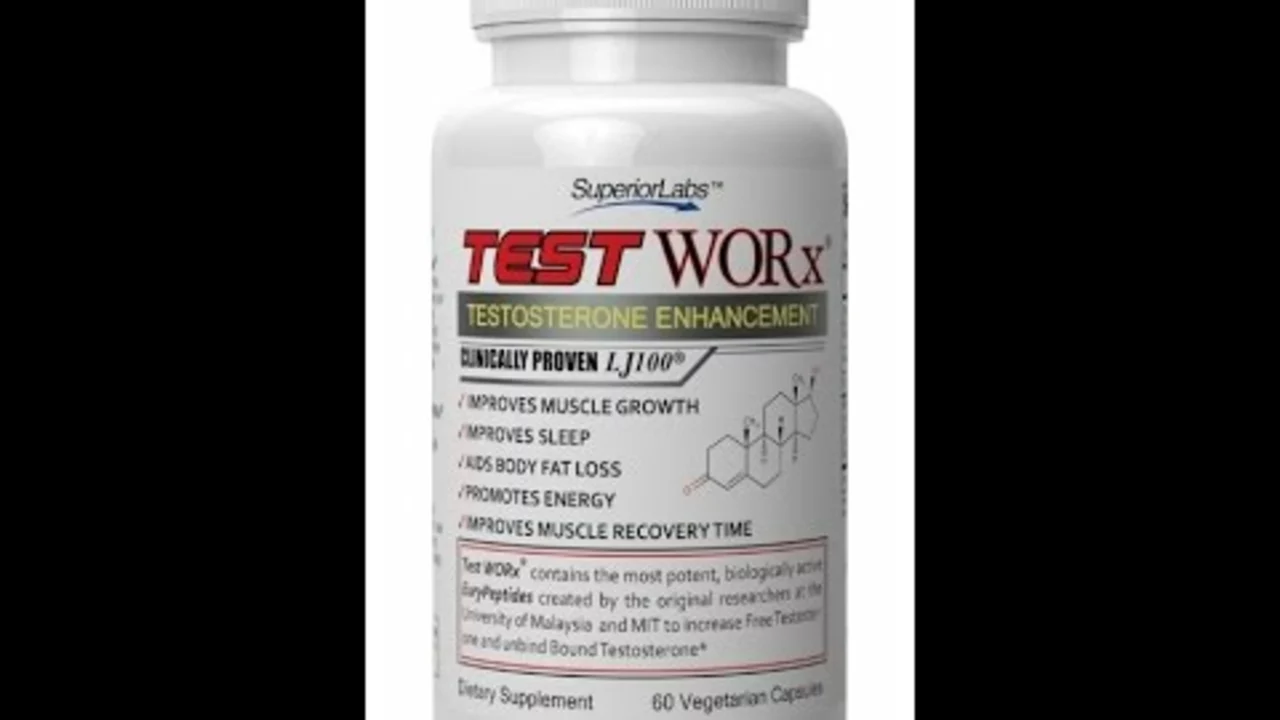Dendrobium: What It Is and Why People Use It
You’ve probably seen "dendrobium" on energy or focus supplements. It’s a group of orchids used in traditional Asian medicine and now shows up in modern herbal products. People take dendrobium for energy, mental focus, mild immune support, and sometimes as a general tonic. That doesn’t mean it’s magic—there’s limited evidence and clear facts that matter if you plan to try it.
What the research and traditional use say
Traditional medicine uses varieties like Dendrobium nobile and Dendrobium officinale for weakness, dry mouth, and low energy. Modern research includes lab studies, animal work, and a few small human trials testing extracts for fatigue, cognitive boost, and anti-inflammatory effects. Results are mixed: some small studies report modest benefits, while others show little change. Bottom line—dendrobium might help some people, but it’s not a proven cure for major conditions.
If you want real-world expectations, think of dendrobium like a mild stimulant or herbal tonic. Some users report a gentle lift in alertness or less tiredness, but don’t expect the same effect as caffeine or prescription meds.
Safety, dosing, and buying tips
Safety matters. Dendrobium products vary a lot in quality and strength. Common side effects reported by users include jitteriness, mild headache, and sleep trouble if taken late in the day. People with high blood pressure, heart conditions, liver problems, or those on stimulant or blood-pressure medicines should be careful. Also avoid dendrobium if you're pregnant or breastfeeding—there isn’t enough data to say it’s safe.
There’s no universal dose—products list different concentrations. If you try it, start low and watch how you feel. Follow the product label and don’t stack it with other stimulants like high-dose caffeine. Stop use and talk to your doctor if you notice palpitations, dizziness, or persistent nausea.
How to pick a quality supplement: choose brands that use standardized extracts, list the species (e.g., D. nobile), and provide third-party testing results (USP, NSF, or a lab certificate). Avoid products that make big medical claims or don’t list ingredients. Read reviews but focus on transparency from the maker.
Want a safer plan? Try lifestyle fixes first: sleep, hydration, steady meals, and light exercise often give bigger and safer energy gains than a new supplement. If you still want to test dendrobium, discuss it with your healthcare provider—especially if you take prescription meds.
Short, practical takeaway: dendrobium may give a gentle energy or focus boost for some people, but evidence is limited and product quality varies. Start low, choose tested brands, and check with a clinician if you have health conditions or take other drugs.
Dendrobium: The All-Natural, Potent Dietary Supplement You Can't Afford to Miss Out On!
In my latest blog, I shed light on the incredible benefits of Dendrobium, a potent all-natural dietary supplement. This wonder herb, primarily used in traditional Chinese medicine, is gaining popularity due to its myriad health benefits. Not only does it boost energy and performance, but it also aids in digestion and weight loss. Additionally, it's known to improve immune function and provide a healthy glow to the skin. Trust me, with all these benefits, Dendrobium is definitely a dietary supplement you don't want to miss out on!
read more